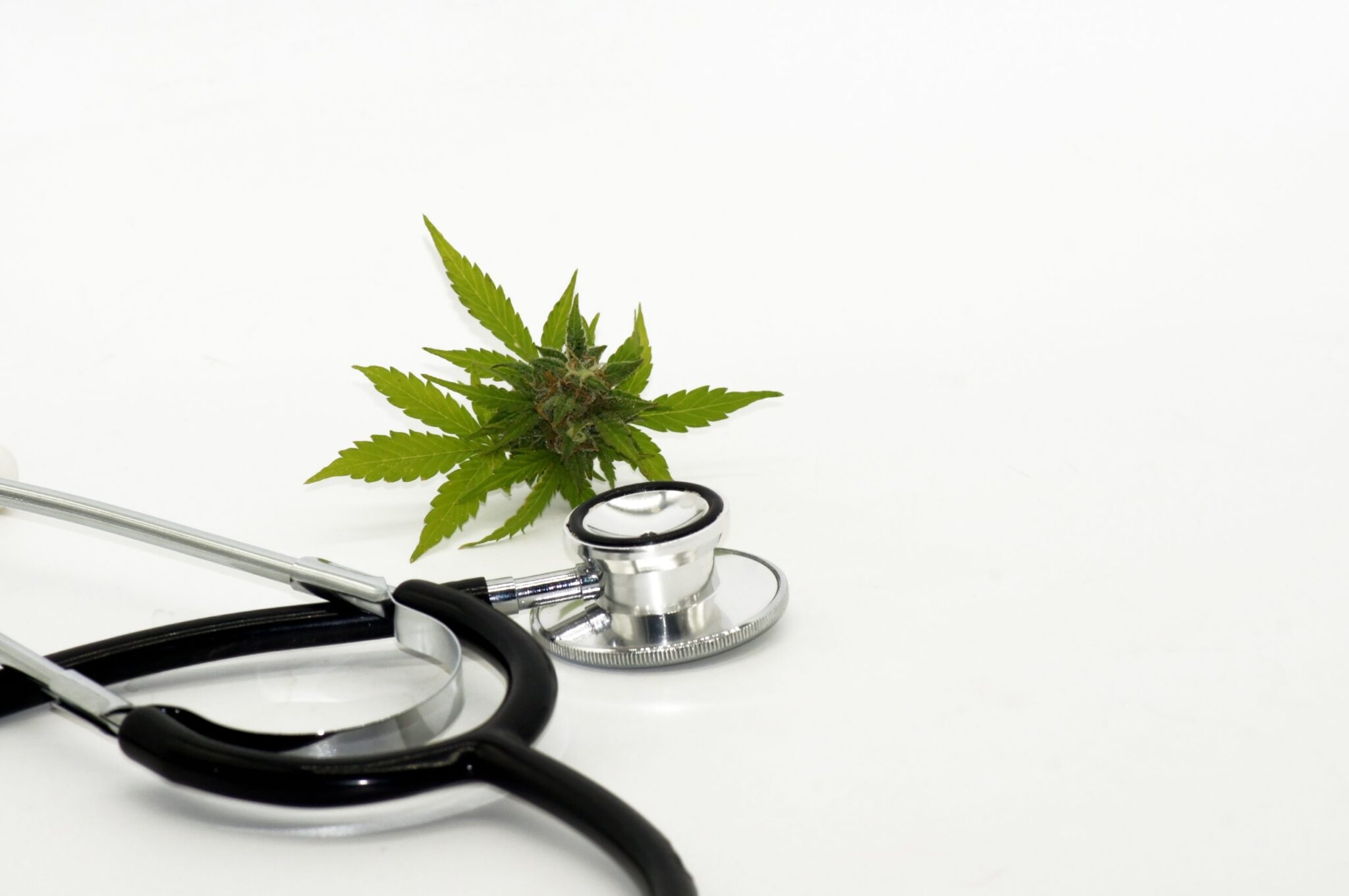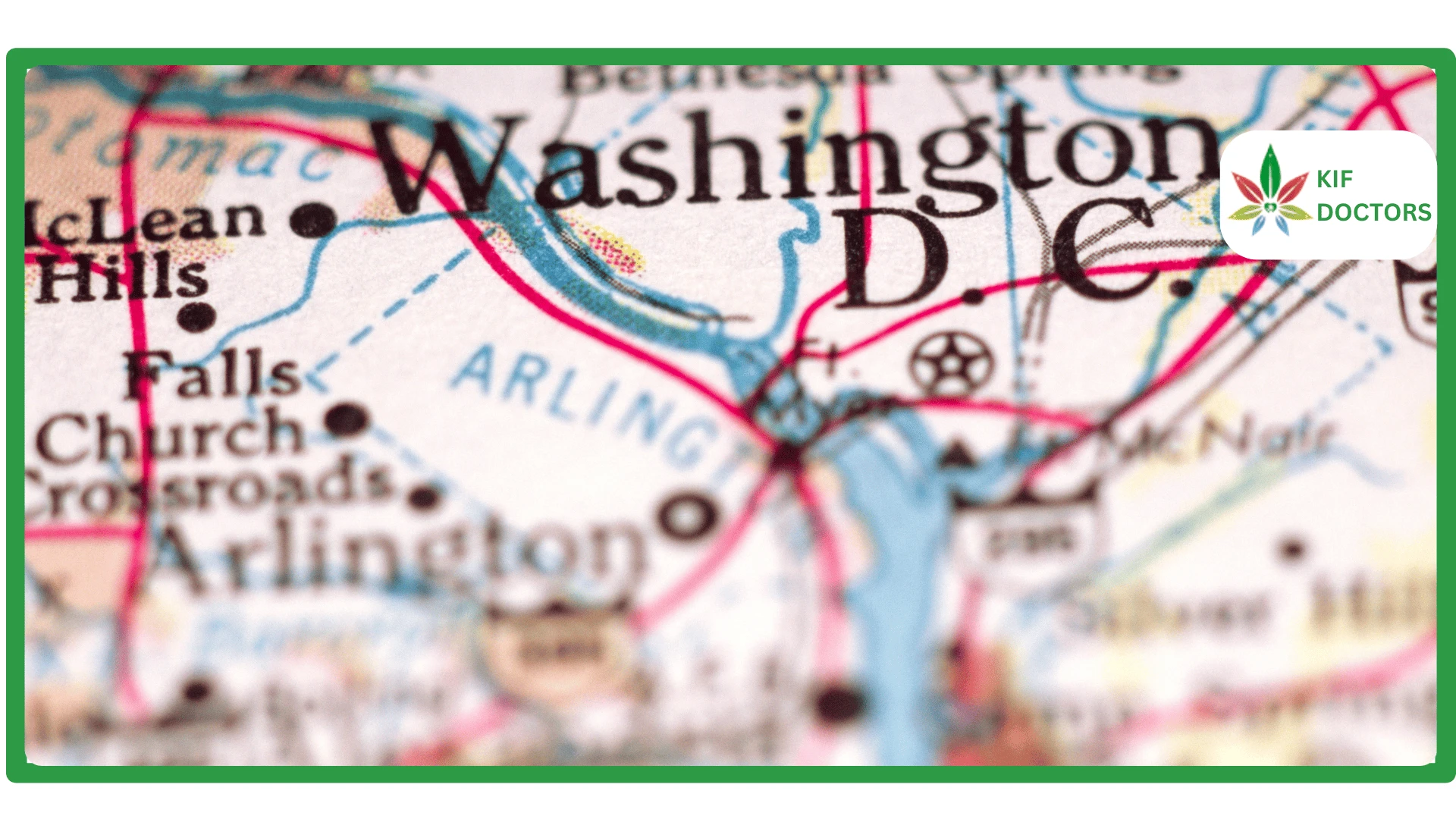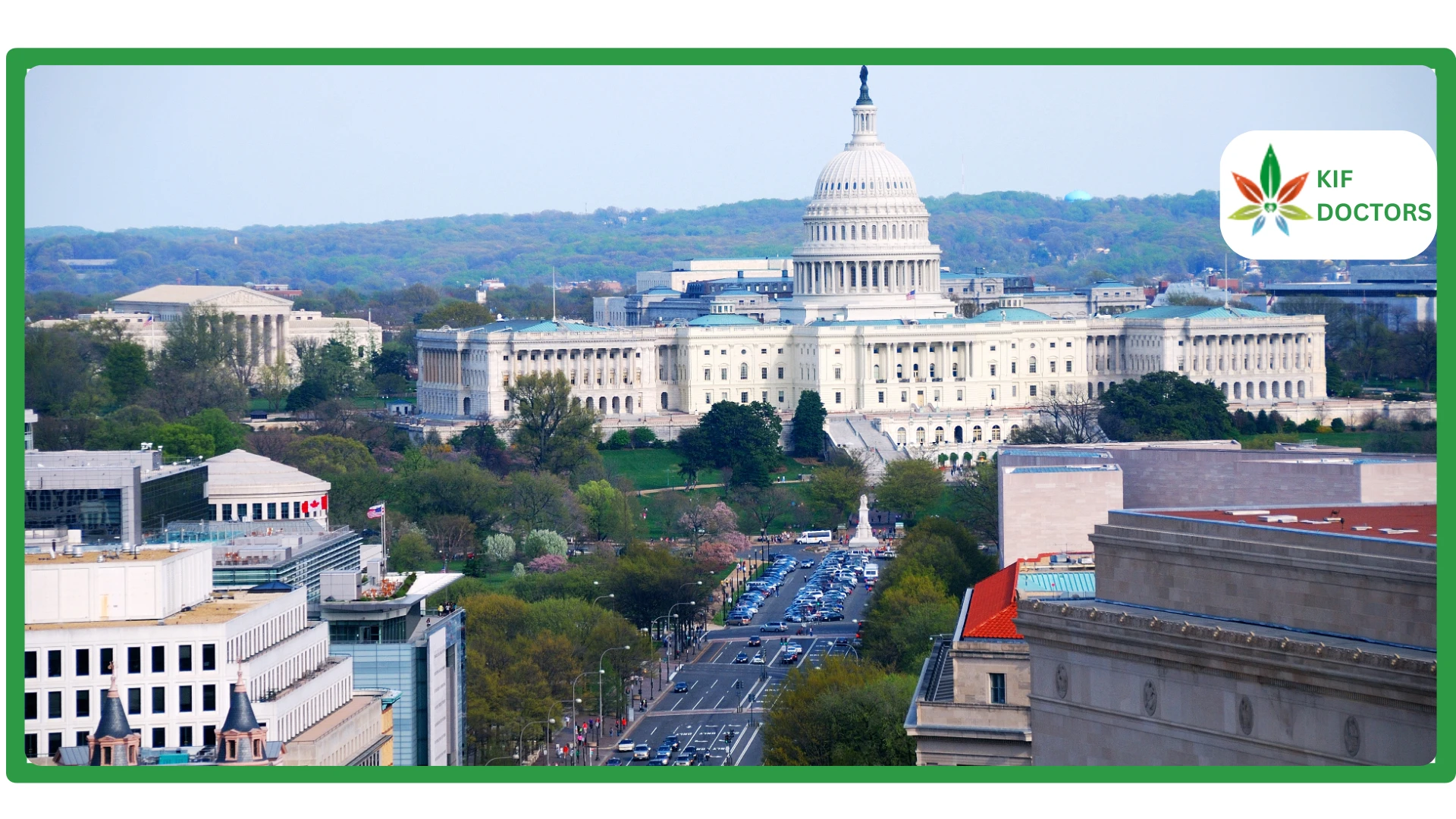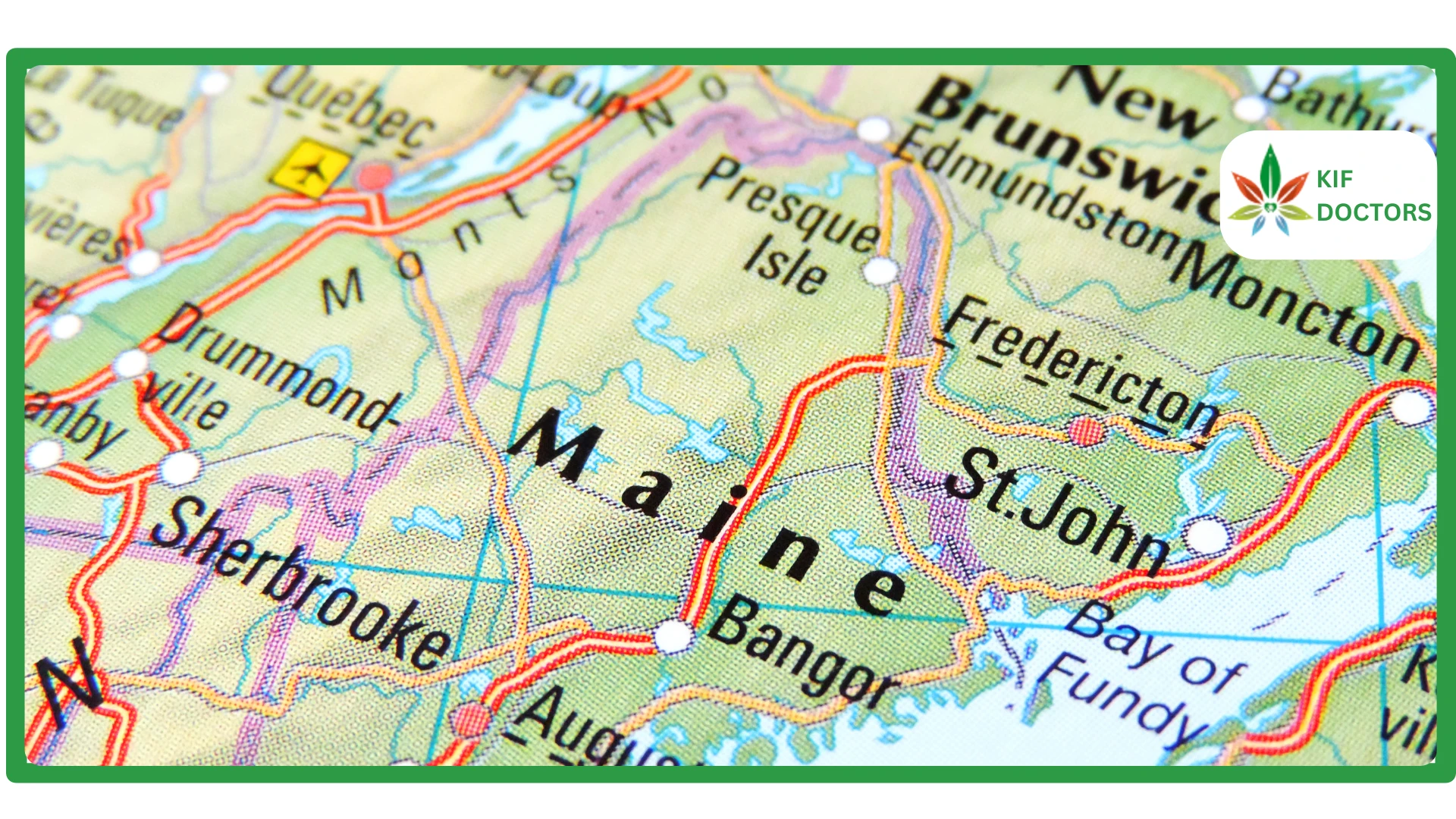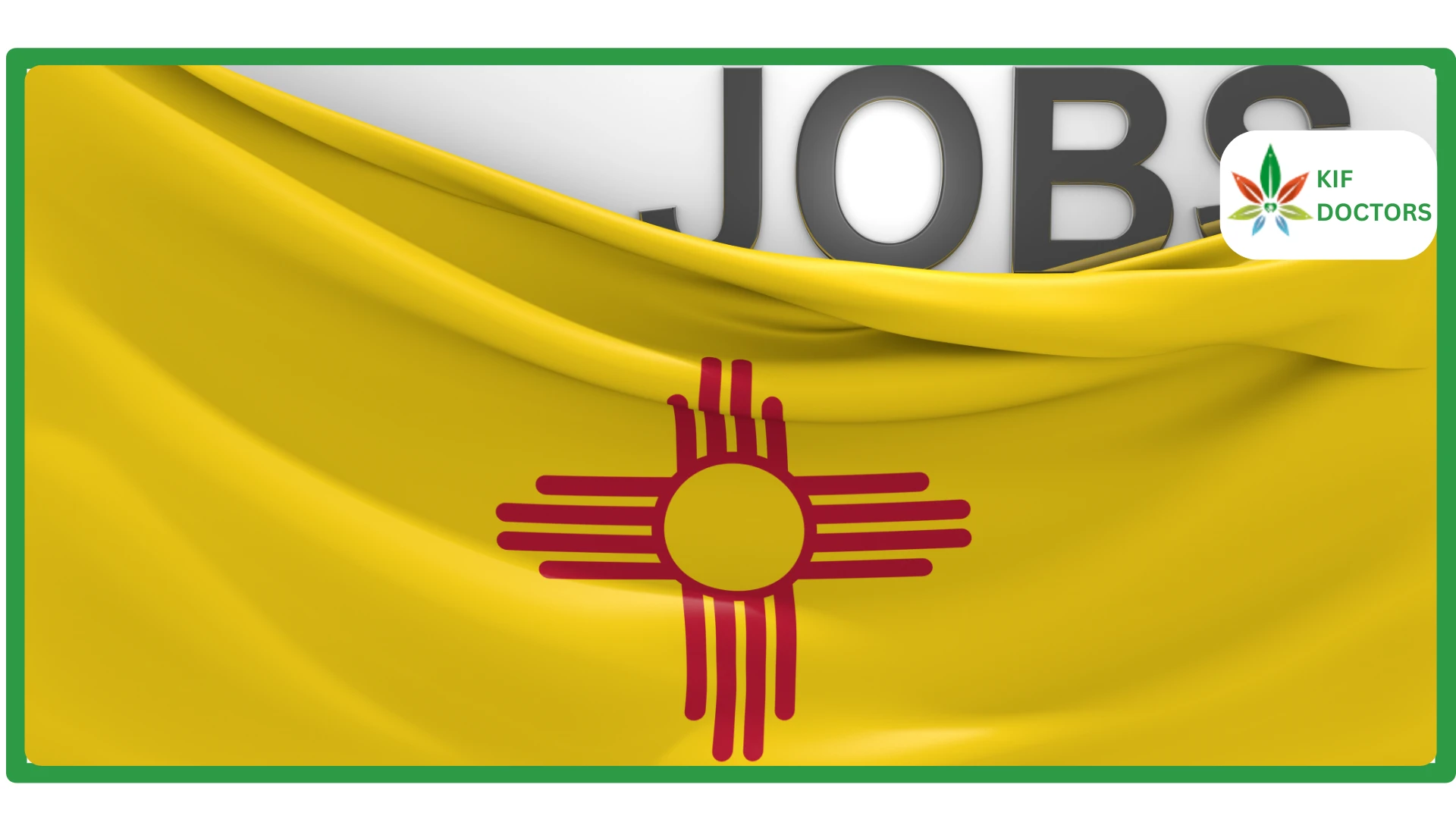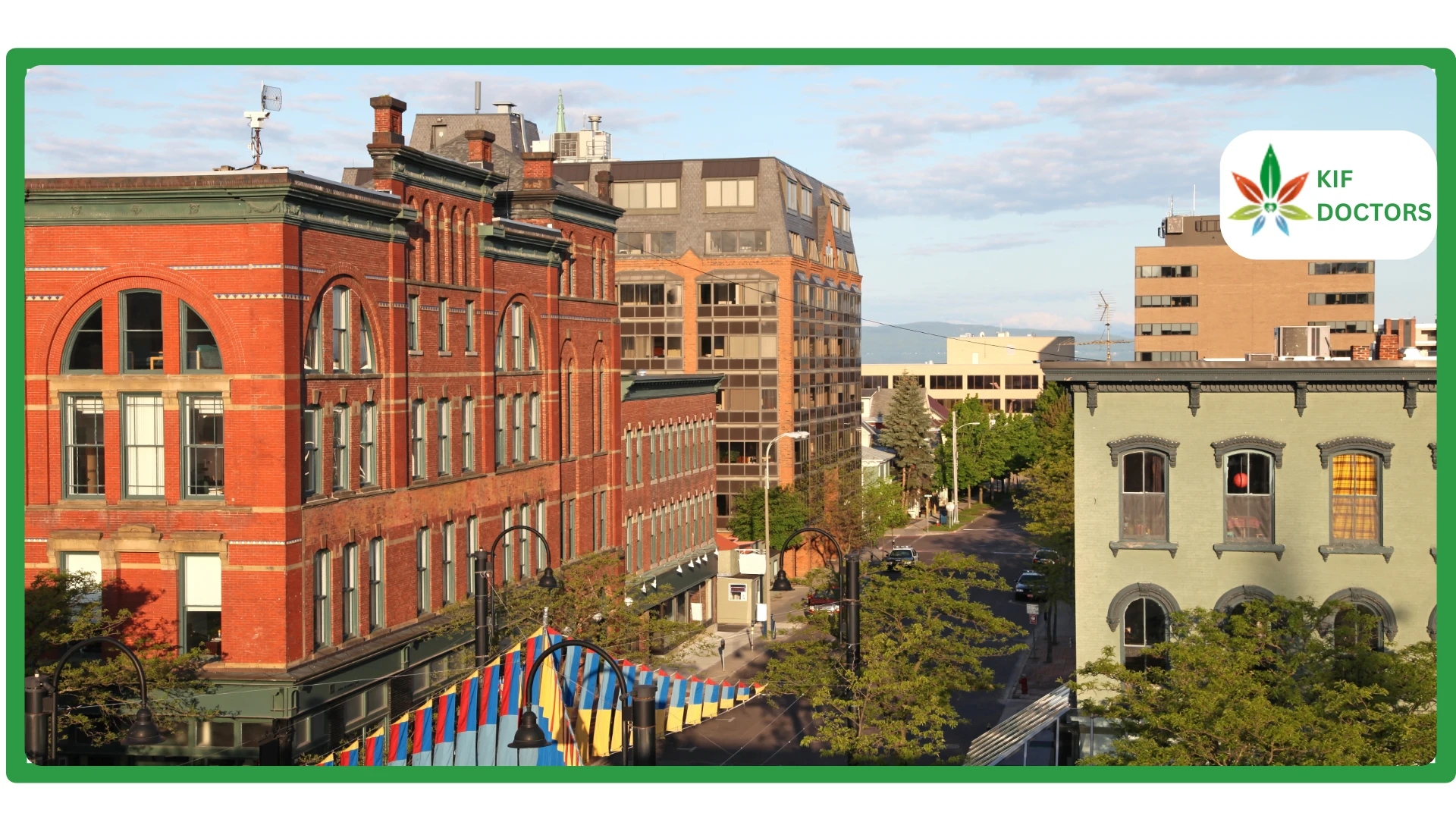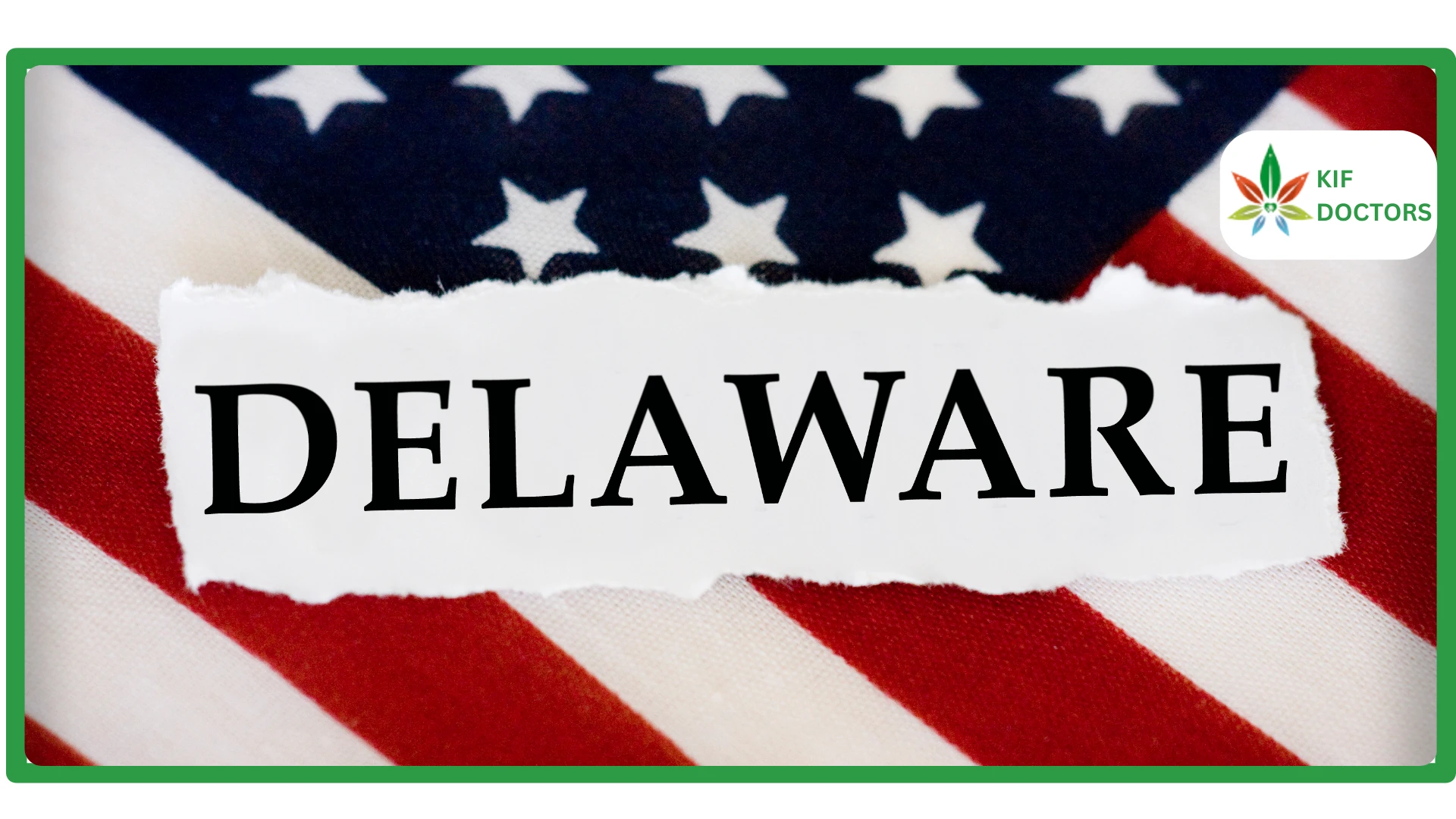Medical marijuana has been legal in Arizona since 2010, offering residents a natural option for managing various health conditions. For those living in Tucson, getting a medical marijuana card opens the door to accessing cannabis products tailored to medical needs, often at a lower cost and with higher potency than what’s available recreationally. With the state’s cannabis landscape continuing to evolve—recreational use became legal in 2021—the process of obtaining a card remains straightforward and worthwhile for many. This guide walks you through everything you need to know about getting a medical marijuana card in Tucson, from eligibility to application steps, costs, and the benefits that come with it.
Whether you’re dealing with chronic pain, anxiety, or another qualifying condition, having a medical marijuana card can make a real difference in your quality of life. I’ve spent time researching Arizona’s program and talking to locals who’ve gone through the process, and I’m here to break it all down for you. Let’s dive into what it takes to join the thousands of Tucsonans who’ve already taken this step.
Why Get a Medical Marijuana Card in Tucson?
Arizona’s legalization of recreational marijuana might make you wonder if a medical card is still worth it. The short answer? Yes, it absolutely can be. While anyone over 21 can now buy cannabis from licensed dispensaries, a medical marijuana card offers distinct advantages that recreational users don’t get. For Tucson residents, these perks can translate into better access, cost savings, and peace of mind.
For starters, medical cardholders often pay less for their cannabis. Taxes on recreational marijuana are higher, with a 16% excise tax added on top of standard sales taxes. Medical marijuana, on the other hand, is only subject to regular sales tax, which can save you a significant amount over time—especially if you use cannabis regularly. One Tucson patient I spoke with estimated saving about $50 a month just on taxes alone.
Beyond cost, medical marijuana products are typically more potent and diverse. Dispensaries reserve certain high-strength options—like concentrates or edibles with higher THC levels—for medical patients. This can be a game-changer if you’re managing severe symptoms that require something stronger than what’s available recreationally. Plus, with a card, you can legally grow up to 12 plants at home if you live more than 25 miles from a dispensary, a freedom recreational users don’t have.
Another big draw is the legal protection. While recreational use is legal, having a medical card provides an extra layer of clarity if you ever need to explain your cannabis use to law enforcement or an employer. It’s a small but meaningful reassurance for many.
Who Qualifies for a Medical Marijuana Card in Arizona?
To get a medical marijuana card in Tucson, you need to meet Arizona’s eligibility requirements. The state has a specific list of qualifying conditions, and you’ll need a doctor’s certification to confirm you have one. The good news? The list is fairly broad, covering many common health issues that cannabis can help manage.
Here are some of the conditions that qualify you for a card:
- Chronic pain (a big one for many applicants)
- Cancer
- Glaucoma
- HIV/AIDS
- Post-traumatic stress disorder (PTSD)
- Multiple sclerosis
- Epilepsy or seizures
- Severe nausea (often tied to chemotherapy or other treatments)
- Crohn’s disease or other debilitating digestive disorders
If your condition isn’t on this list, don’t lose hope. Arizona allows doctors to certify patients for “severe and chronic pain” or other debilitating conditions not explicitly named, as long as there’s medical evidence to back it up. I’ve heard stories of people getting approved for migraines or arthritis under this umbrella, so it’s worth discussing with a doctor if you think cannabis could help.
You also need to be an Arizona resident with a valid ID—like a driver’s license or passport—to apply. Minors can qualify too, but they’ll need a caregiver to manage their application and purchases.
Step-by-Step Guide to Getting Your Card in Tucson
The process of getting a medical marijuana card in Tucson is simpler than you might expect. Arizona’s Department of Health Services (ADHS) oversees the program, and they’ve streamlined it over the years. Here’s how it works, step by step:
Step 1: See a Qualified Doctor
First, you’ll need a certification from a licensed physician. This can be your regular doctor, but many people turn to specialists who focus on medical marijuana evaluations. In Tucson, clinics like Dr. Reeferalz or services like Kif Doctors make it easy to get an appointment, often online. During your visit, the doctor will review your medical history and confirm you have a qualifying condition. Most appointments take less than 30 minutes, and some services even offer same-day approvals.
I always recommend going for a Medical Marijuana Card online instantly. Companies like Same Day Medical Marijuana Card Online - Kif Doctors promise a quick, hassle-free experience, letting you apply, get approved, and access relief in minutes. It’s a great option if you’re short on time or prefer doing things from home.
Step 2: Gather Your Documents
Once you have your doctor’s certification, you’ll need a few more things to submit your application:
- A copy of your Arizona ID (driver’s license, passport, etc.)
- A recent passport-style photo
- The completed certification form from your doctor
- Payment for the application fee (more on that below)
If you’re applying online—which I recommend for convenience—you can upload digital versions of these. Otherwise, you’ll mail them to ADHS.
Step 3: Submit Your Application
Head to the Arizona Department of Health Services website to create an account and submit your application. The online portal is user-friendly, guiding you through each step. You’ll upload your documents, pay the fee, and hit submit. If you’d rather do it the old-fashioned way, you can mail everything to ADHS, but it’ll take longer to process.
Step 4: Pay the Fee
The standard application fee is $150, but it drops to $75如果你你有SNAP (food stamp) benefits—just include proof when you apply. This fee covers your card for one year, and you’ll need to renew annually.
Step 5: Wait for Approval
After submitting, ADHS typically processes applications within 10 business days. You’ll get a digital card via email once approved, which you can use right away at dispensaries. A physical card arrives in the mail shortly after, but the digital version is just as valid.
How Much Does It Cost?
The total cost of getting a medical marijuana card in Tucson depends on a few factors. Here’s a breakdown:
- Doctor’s visit: $100–$150 (some clinics charge less, especially online services)
- Application fee: $150 (or $75 with SNAP eligibility)
- Optional extras: Passport photos (about $10–$15 if you don’t take your own)
All in, you’re looking at $250–$300 for your first card. Renewals are cheaper since you might not need a new doctor’s visit every year—just a quick check-in to confirm your condition still qualifies. Compared to the savings on taxes and access to potent products, many Tucson residents find it pays off quickly.
Where to Use Your Card in Tucson
Once you’ve got your card, Tucson has plenty of dispensaries ready to serve you. The city’s cannabis scene is thriving, with options ranging from small, local spots to big-name chains. Here are a few popular ones:
- D2 Dispensary: Known for its massive 20,000-square-foot space and wide selection, D2 has been a Tucson staple for over a decade.
- Trulieve: Recently relocated in Tucson, this dispensary offers medical-grade products and a welcoming vibe.
- Earth’s Healing: A local favorite with multiple locations, known for quality and customer service.
Most dispensaries have separate lines or menus for medical patients, so you’ll get faster service and access to exclusive products. You can possess up to 2.5 ounces of marijuana with your card, and many places offer delivery if you’d rather skip the trip.
Benefits Beyond the Dispensary
Your medical marijuana card does more than just get you into dispensaries. If you live more than 25 miles from the nearest one—unlikely in Tucson itself but possible in surrounding areas—you can grow your own cannabis. Up to 12 plants are allowed per patient, giving you control over your supply and potentially cutting costs even further.
Another perk is reciprocity. Arizona’s medical marijuana program is recognized in some other states, so if you travel to places like Nevada or Colorado, you might be able to use your card there too. Always check local laws first, but it’s a nice bonus for frequent travelers.
What to Expect After You Get Your Card
Once you’re approved, you’ll feel a mix of relief and excitement—I’ve heard this from plenty of Tucsonans who’ve gone through it. You can head to a dispensary that same day with your digital card and start exploring options. Budtenders are usually happy to guide you, especially if you’re new to medical cannabis. They’ll ask about your symptoms and recommend strains or products that match your needs.
Keep in mind that your card lasts one year, so mark your calendar for renewal. The process is similar but faster since ADHS already has your info. You’ll just need a new doctor’s certification and the renewal fee.
Is It Worth It in 2025?
With recreational marijuana now legal, some argue the medical card’s value has dimmed. But in 2025, the benefits still hold strong for many. The tax savings alone can justify the upfront cost, and the access to higher-potency products is a lifeline for those with serious conditions. Add in the ability to grow your own and the legal clarity, and it’s clear why thousands of Tucson residents keep their cards active.
I spoke with a local nurse who uses her card for chronic back pain. She told me the medical program feels more tailored to her needs than recreational options, and the savings let her afford consistent relief. Stories like hers show how personal this choice can be—it’s about what works for you.
Tips for a Smooth Experience
To make your journey to a medical marijuana card as easy as possible, here are a few pointers:
- Be honest with your doctor about your symptoms—they’re there to help, not judge.
- Double-check your documents before submitting to avoid delays.
- Shop around for doctor evaluations—prices vary, and online options can save time.
- Ask dispensary staff for advice once you’re approved—they’re experts in matching products to conditions.
If you hit a snag, the ADHS website has a help section, and many clinics offer support too. You’re not alone in this—plenty of Tucson folks have navigated it successfully.
Frequently Asked Questions
How long does it take to get a medical marijuana card in Tucson?
From start to finish, it usually takes about two weeks. The doctor’s visit can happen in a day (sometimes online in minutes), and ADHS processes applications within 10 business days. If you go with an online service, you might have your digital card even faster.
Can I use my card right away?
Yes! Once ADHS emails you the digital card, you can use it at dispensaries immediately. The physical card follows in the mail, but the digital version is fully valid.
What if my condition isn’t on the qualifying list?
You might still qualify under “chronic or severe pain” or another broad category. Talk to a doctor—they can certify you if cannabis is medically appropriate for your situation.
Do I need to renew my card every year?
Yes, the card expires after one year. Renewal involves a new doctor’s certification and the fee ($150 or $75 with SNAP), but it’s quicker since your info is already in the system.
Can I get delivery with a medical card?
Absolutely. Many Tucson dispensaries offer delivery for medical patients, and it’s been available since before recreational delivery started in late 2024. Check with your local spot for details.
Conclusion
Getting a medical marijuana card in Tucson is a practical step for anyone looking to manage their health with cannabis. It’s not just about access—it’s about affordability, potency, and the freedom to tailor your treatment. Arizona’s program is well-established, and the process is designed to be approachable, whether you’re a first-timer or renewing your card. With dispensaries scattered across the city and online options making certification easier than ever, there’s no reason to wait if you think it could help you.
For the latest rules and to apply, visit the Arizona Department of Health Services website. If you’re curious about local options, check out coverage from sources like Tucson.com for updates on the cannabis scene. This guide is your starting point—now it’s up to you to take the next step toward relief.
 Since 2021, Kif offers a streamlined platform to get a medical marijuana card online. We have served more than 45K patients across the United States. Sign Up Now to get the right to use medical cannabis for your health condition without any delay.
Since 2021, Kif offers a streamlined platform to get a medical marijuana card online. We have served more than 45K patients across the United States. Sign Up Now to get the right to use medical cannabis for your health condition without any delay.















